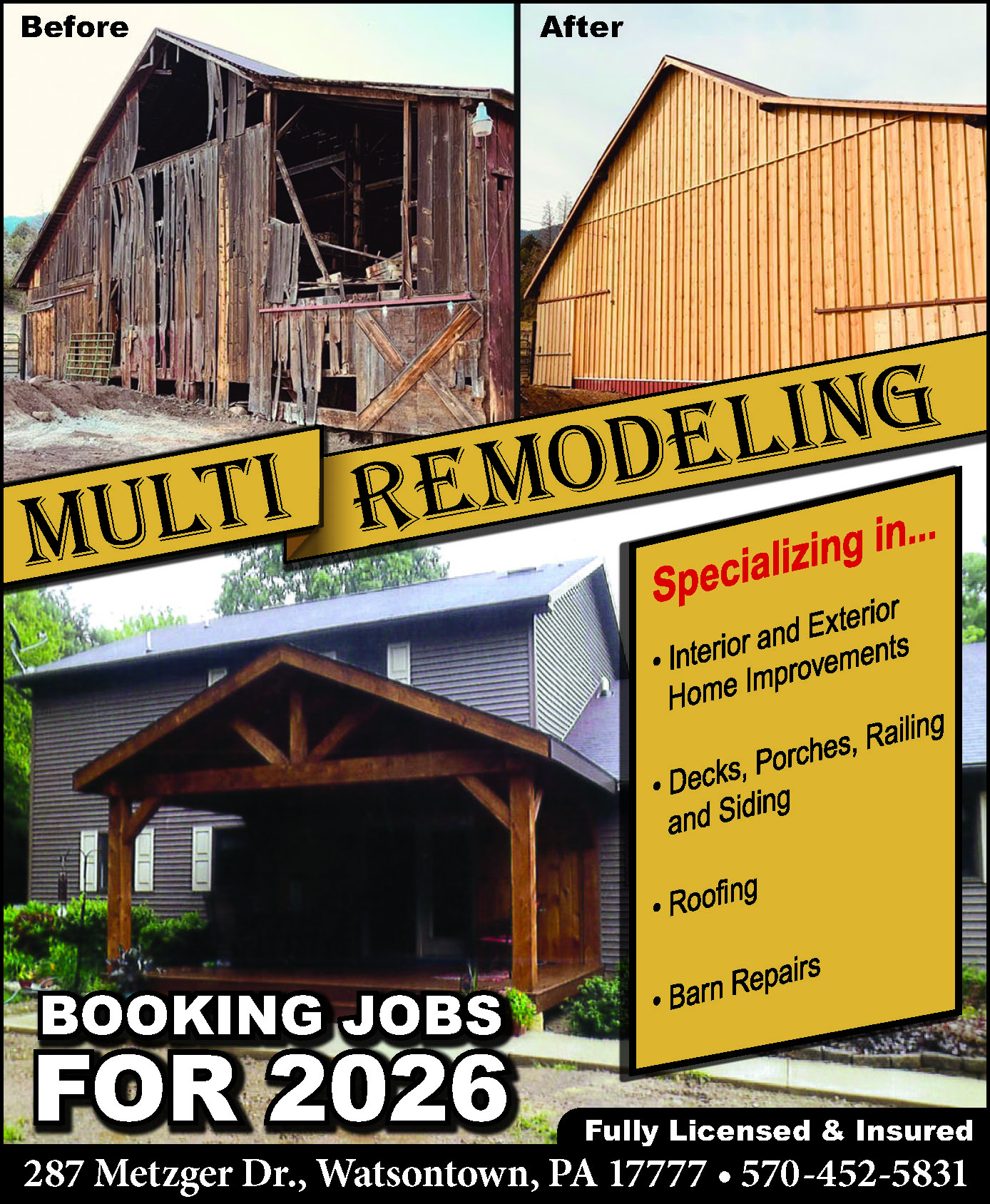It is difficult to drive a car more than a mile without seeing at least one campaign sign for a candidate running in the May primary. For the past few weeks, I have received circulars in my daily mail promoting candidates running for local offices. And, of course, this weekly paper and the local daily also feature ads for these government official incumbents and wannabes.
We all see them, and perhaps even spend time reading them, but what we do not generally think about is what this advertising costs to the candidate. Obviously, the higher the office, the more expensive it gets. To run for a local school board, borough council member, or township supervisor can cost almost nothing if an individual has a high profile in their community. For those less known, a simple homemade flyer and a little shoe leather for knocking on doors would probably be sufficient to inform the local constituency.
But the moment an individual gets outside their general neighborhood, things get a lot more expensive. Four years ago, ten individuals were running for Lycoming County Commissioner on the Republican ticket. The last two in the voting were also the bottom two in campaign expenditures. The top two were spending in the six-figure range. It seems that this is the first rule of politics — money matters.
This is definitely true as the offices go up the government ladder. Consider the costs for candidates running for the Pennsylvania House and Senate. Pennsylvania has the distinction of ranking #4 in the nation, behind California, Illinois, and Texas, as the highest amounts needed to run for state office. Among the candidates who won for the first time in 2022, the median amount raised was $127,972 for state House races and $495,692 for state Senate races. It would seem that without deep pocket money, it does not matter how wise or wonderful a candidate may be; without cash, there will be no campaign dash.
This is illustrated vividly by Joanne McClinton from Philadelphia County, who spent the most of any candidate on her campaign, $2,043,000, with over $1 million coming from the PA House Democratic Campaign Committee. Philadelphia is considered a ‘county’ for state government purposes and has 27 State Representatives in Harrisburg — of which every single one is from the Democratic Party.
So, why does it take over $2M for Ms. McClinton to get elected? Possibly because she had been the Minority Speaker of the House since 2020 and was in line to become the first female Speaker of the House. She needed to make a very big splash, even though the outcome was inevitable.
On the total opposite of the spectrum is another Joanne, who spent 1% as much on her campaign as McClinton. Her name is Joanne Stehr, and she is from nearby Northumberland and Schuylkill County representing District 107. She spent the least amount of anyone elected to the Pennsylvania House of Representatives, a total of $20,914 in the course of her campaign. To even reach that amount, Stehr personally donated $3,500, taking funds out of her 401(k). A mother and home healthcare LPN for 30 years, as well as a lifelong Republican, Stehr was the first woman to represent this district in Harrisburg. Her campaign platform was for lowering taxes, implementing term limits, and protecting the second amendment — and she beat her opponent by 50 percentage points!
This is one of the advantages we have in living in a rural area. Money is important, obviously, and name recognition goes a long way. But we also have values that we hold highly, and these are the ones that we want to put in office. Joanne Stehr believed her experience as a licensed practical nurse and as a parent was as important as any other for the role. She stressed the importance of being grounded and recognizing the “real-life” issues affecting the average citizen, which she believes are often overlooked.
So, let’s not judge a candidate by the size of their advertising budget but by the size of their heart for caring about their community, their head in recognizing problems and how they can be solved, and their hope that they can make a difference.



